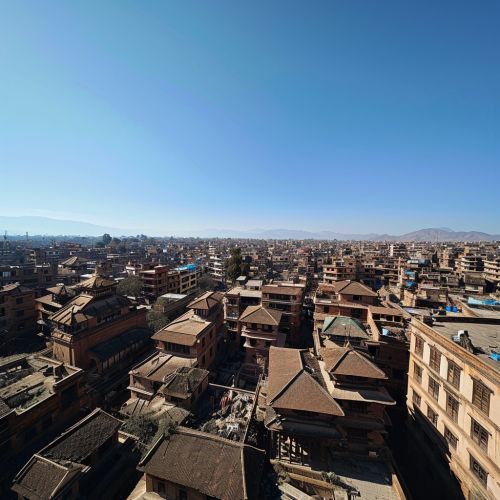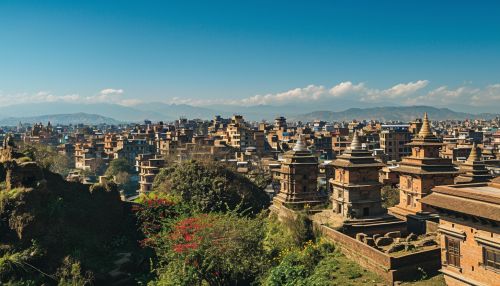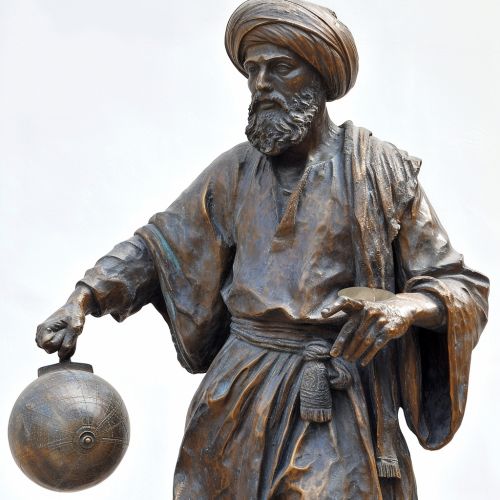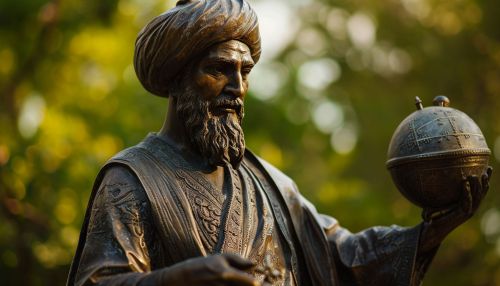Al-Biruni
Early Life and Education
Al-Biruni was born on September 4, 973, in the city of Kath, located in the region of Khwarazm, which is now a part of modern-day Uzbekistan. His family belonged to the high-ranking class of Khwarazm, which allowed him to receive a comprehensive education. His early education included a wide range of subjects such as mathematics, astronomy, medicine, philosophy, and literature, among others.


Career and Contributions
Al-Biruni's career was marked by his significant contributions to various fields of knowledge. He is often regarded as one of the greatest scholars of the medieval Islamic era, having written extensively on subjects as diverse as comparative religion, physics, astronomy, geography, history, and ethnography.
Astronomy
Al-Biruni's work in astronomy was groundbreaking. He made accurate calculations of celestial bodies' movements and developed a method to determine the Earth's radius using trigonometric calculations. His work, 'The Remaining Signs of Past Centuries', is considered a significant historical record of astronomical data.
Geography
In the field of geography, Al-Biruni calculated the Earth's circumference and conducted detailed studies on specific geographical features. His geographical works provide a comprehensive picture of the world as it was known during his time.
Comparative Religion
Al-Biruni's work in comparative religion is noteworthy. His book, 'The Chronology of Ancient Nations', is an objective study of different religions and cultures, including Hinduism, Buddhism, Zoroastrianism, Judaism, Christianity, and Islam.
Later Life and Death
In his later years, Al-Biruni continued his scholarly pursuits, writing and contributing to various fields of knowledge until his death on December 13, 1048, in Ghazni, now in modern-day Afghanistan.
Legacy
Al-Biruni's legacy is vast and enduring. His works have been instrumental in shaping various fields of knowledge, and his methodology and approach to scientific inquiry have had a lasting impact on the way we understand the world today. His works continue to be studied and referenced in academic circles, and his contributions to science and culture are recognized worldwide.


